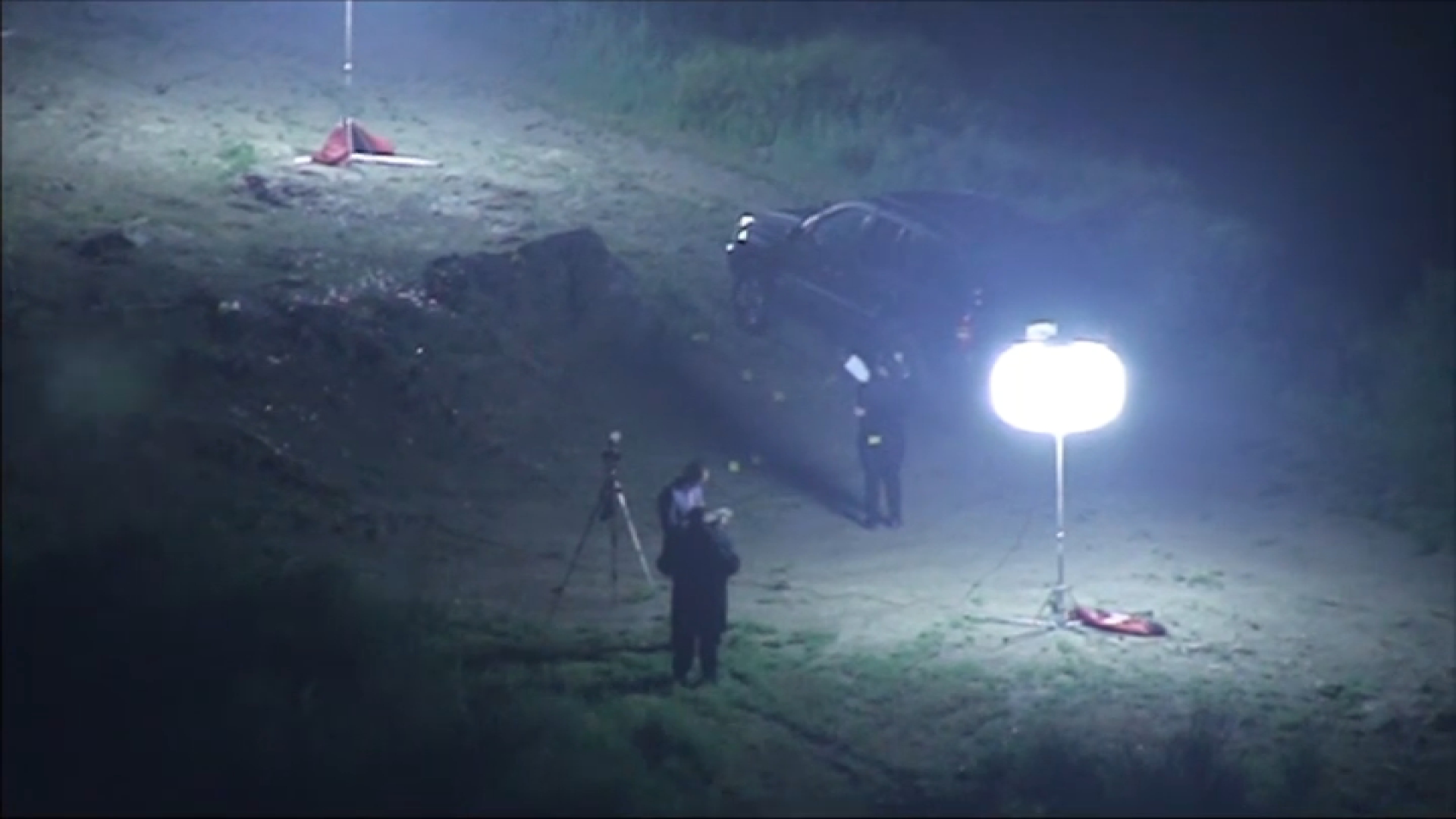The Marine Mammal Center in Sausalito this year has seen more than 100 California sea lions with leptospirosis, a bacterial infection that attacks the kidneys.
Scientists are trying to determine why the sea lions are contracting the potentially lethal infection. Using blood samples, the scientists can help determine the mammals' kidney function and exposure rates, according to the Marine Mammal Center.
Leptospirosis epidemics were first documented in California sea lions in the early 1970s. Cases of the disease are seen every year, with huge breakouts every four to five years.
Sea lions with the illness can become dehydrated and malnourished.
The study will focus on factors contributing to these cycles of disease to help scientists understand how it spreads and what the risks are to sea lions and other animals.
The experts are studying healthy sea lions to help them understand why and how the sick ones are catching the disease.
"We're getting blood samples to help us understand their state of health and kidney function. We're also running tests to help us understand whether the animal ever been exposed to leptosperosis before, " Dr. Jeff Boehm, executive director of the Marine Mammal Center said.
News
Top news of the day
People and animals can become infected with leptospirosis though contact with contaminated urine, water or soil. If left untreated, it can lead to kidney damage, meningitis, liver failure and respiratory distress.
If you come across a sick or injured seal or sea lion call the Marine Mammal Center at 415-289-SEAL (7325).



